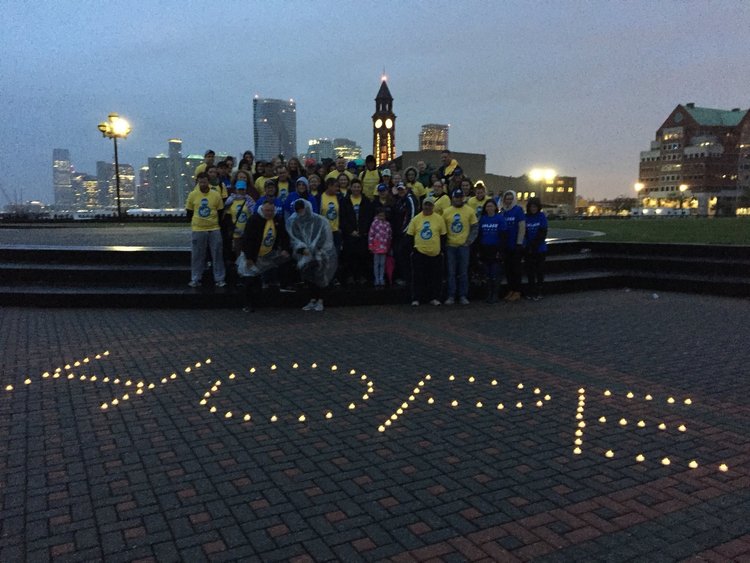System Rife With Waste, Mismanagement
The problematic Emergency Communications Transformation Program (ECT), meant to modernize and consolidate the 911 system, is flawed, according to reviews by the city comptroller and Department Of Investigation (DOI), it was announced last Wednesday, Aug. 6.
Mayor Bill de Blasio slammed the brakes on the ECT program in May and ordered a comprehensive 60-day review of the entire system. The comptroller and DOI were tapped to complete independent reports.
In his audit, City Comptroller Scott Stringer found the ECT to be badly structured, reliant on consultants and ineffectively monitored. These inefficiencies lead to hundreds of millions in waste and years of delays, it was noted.
The review outlined several years of cost overruns dating back to 2004, when the ECT was begun and its estimated capital cost was $1.345 billion. Last month the cost was found to have ballooned 73 percent, to $2.326 billion.
“As public servants, our first priority is public safety, and we do not take that charge lightly.” de Blasio said upon the report’s releases. “We have identified the problems that have long plagued the ECT, and we’re committed to taking the necessary corrective action to ensure the program is brought back on track.”
DOI Commissioner Mark Peters found similar issues. The agency released preliminary findings of an agency report and recommendations for going forward to be reviewed by the mayor.
The DOI found that ECT “struggled with vague lines of authority, a lack of advanced planning,” and a failure to engage an independent monitor to oversee operations.
“Instead of strong city governance, the project outsourced critical responsibilities to consultants who were insufficiently accountable to the city,” Stringer added. “I commend Mayor de Blasio for initiating this much needed interagency review. ECT has taken far longer thatn anticipated, stretching from the initial estimate of five years to the current estimate of 15 years, with the end date now projected to be no sooner thatn 2018.
The comptroller noted other problems including a lack of transparency regarding total costs of the system to taxpayers. Stringer found the possible cost understatement in excess of $200 million, he said.
His recommendations to overhaul the system are to impose a new control structure that reflects a united vision; hire technology experts to oversee the progress of the project; publish and consider all associated costs of the project; and implement a system to review consultants invoices to limit costs.
The DOI recommended empowering one official to lead the ECT and make critical decisions; establishing a concise scope of each ECT component; and naming an integrity monitor to identify potential sources of waste, fraud and corruption.
“Layers of consultants, middlemen and outsourcing have resulted in 10 years of delays and hundreds of millions in cost overruns to the city’s upgrade of its 911 system,” Stringer said. “This program produced an outrageous waste of funds due to the lack of oversight and accountability. It’s time to fix the boondoggle once and for all.”
































